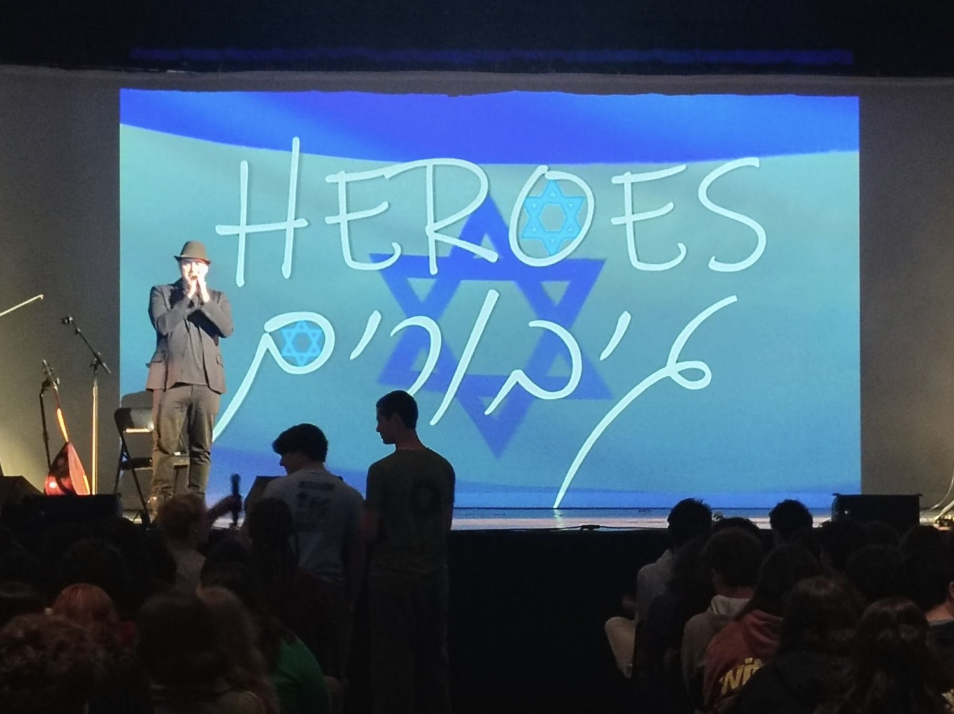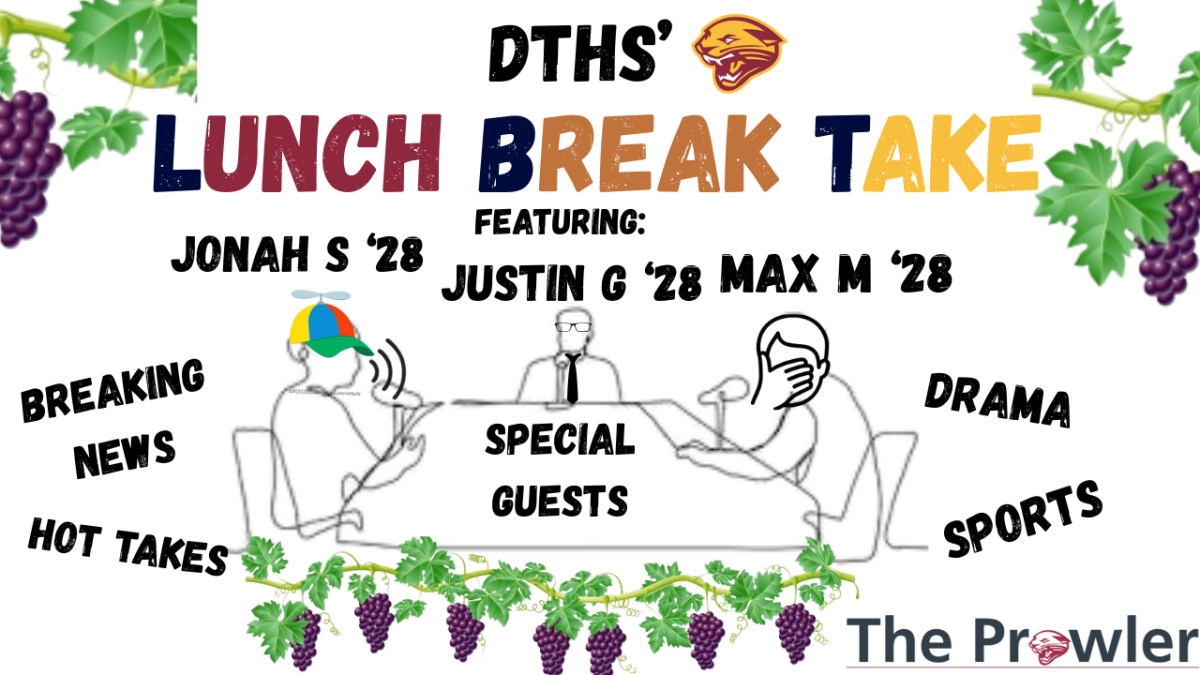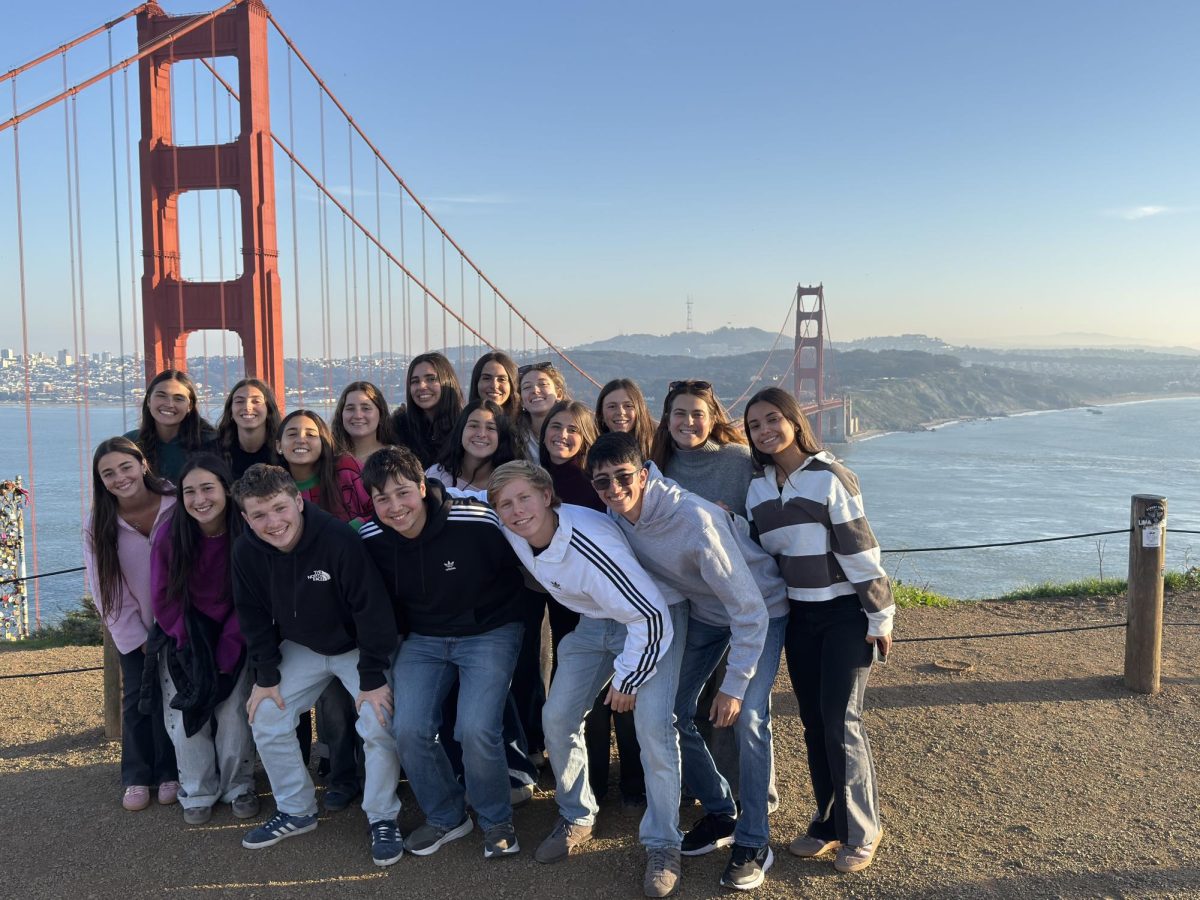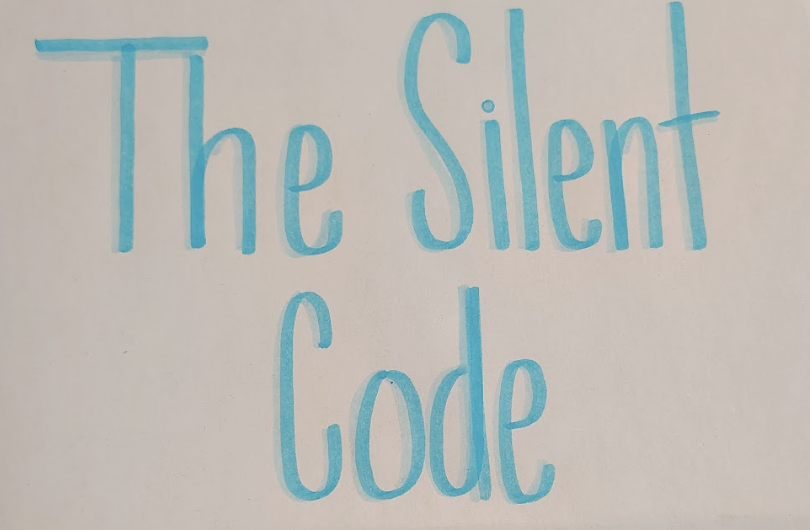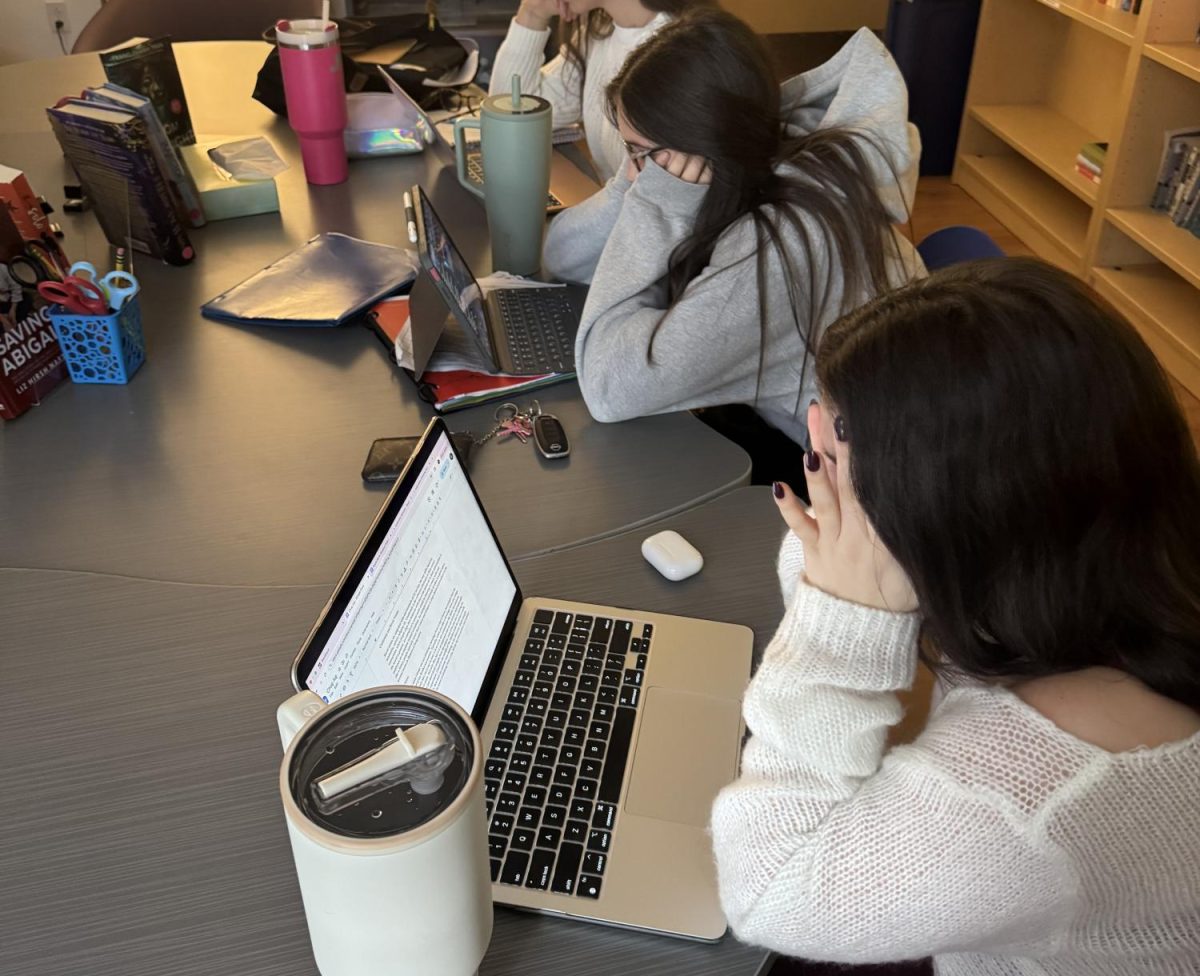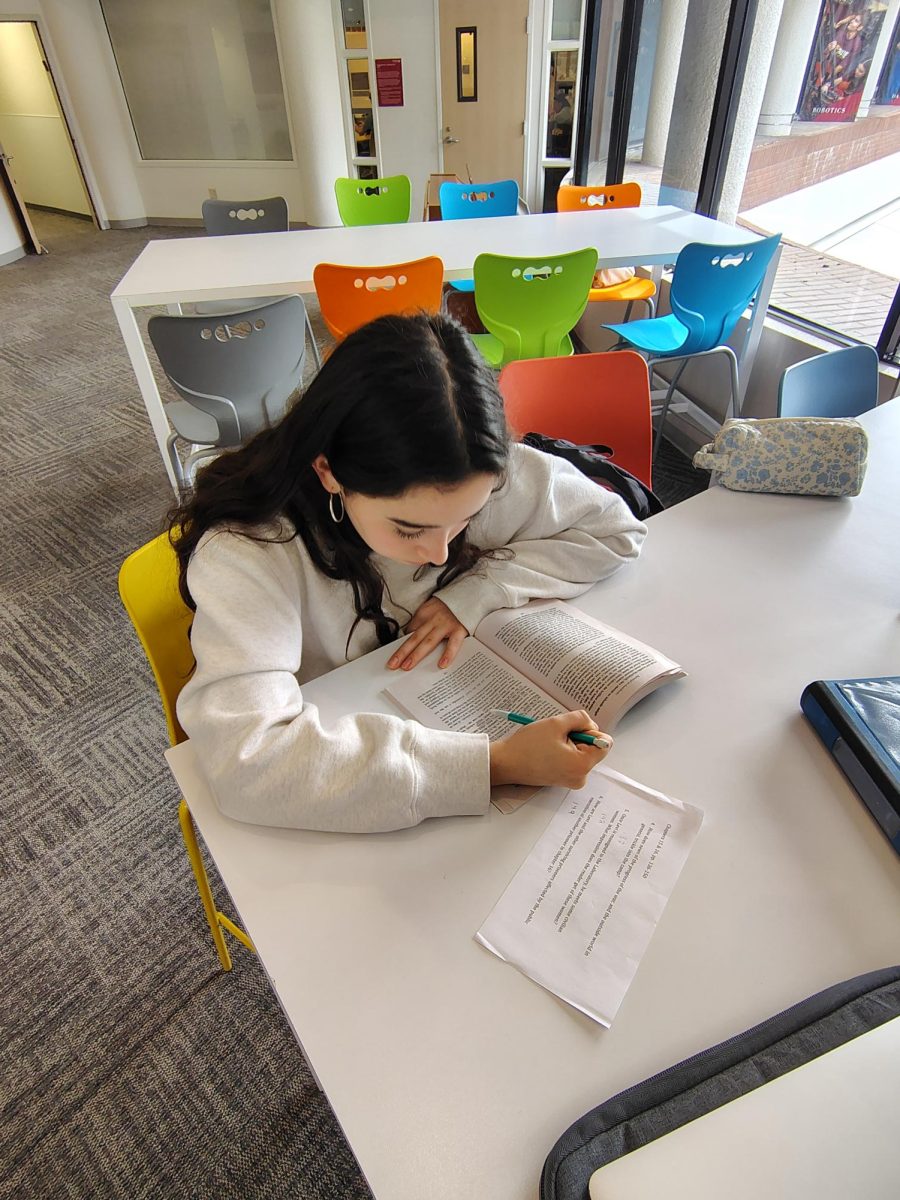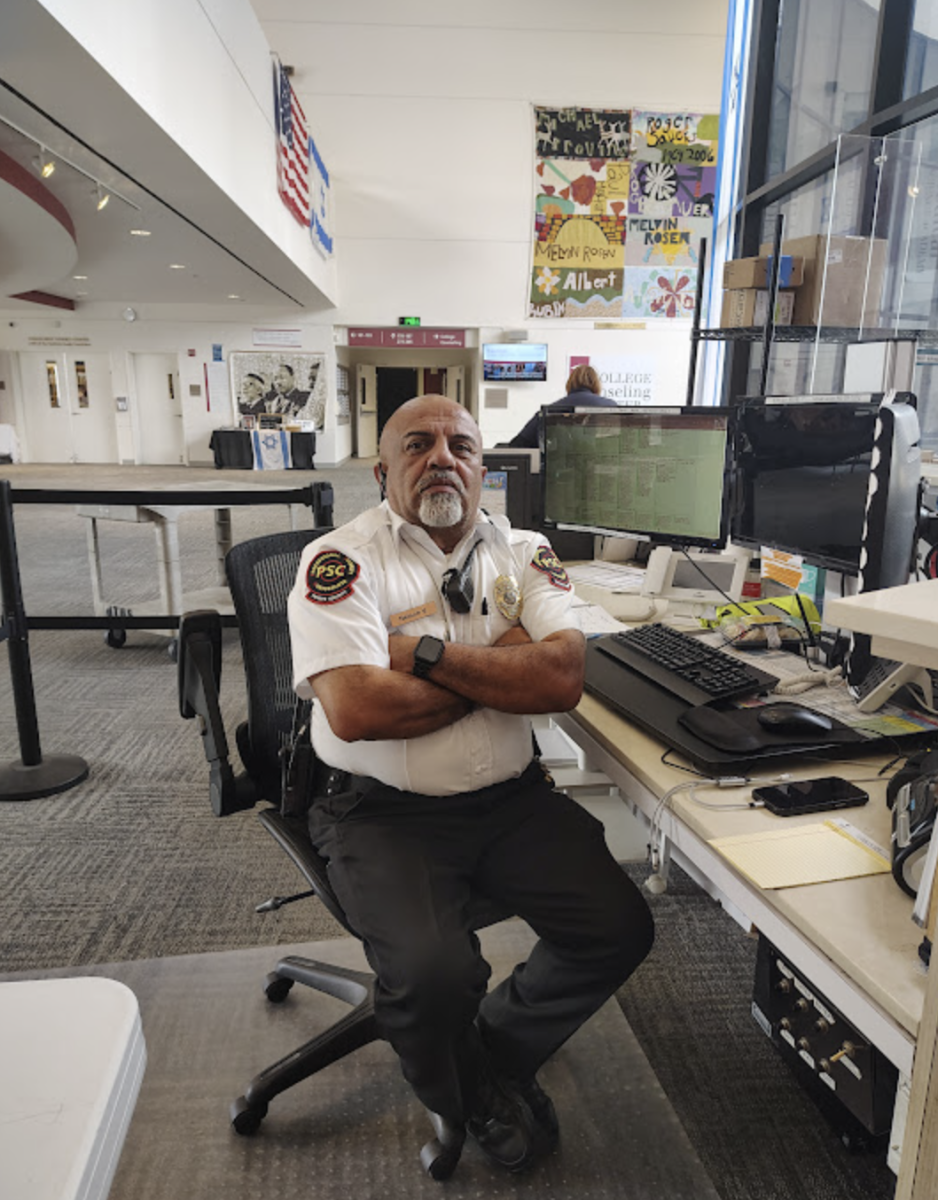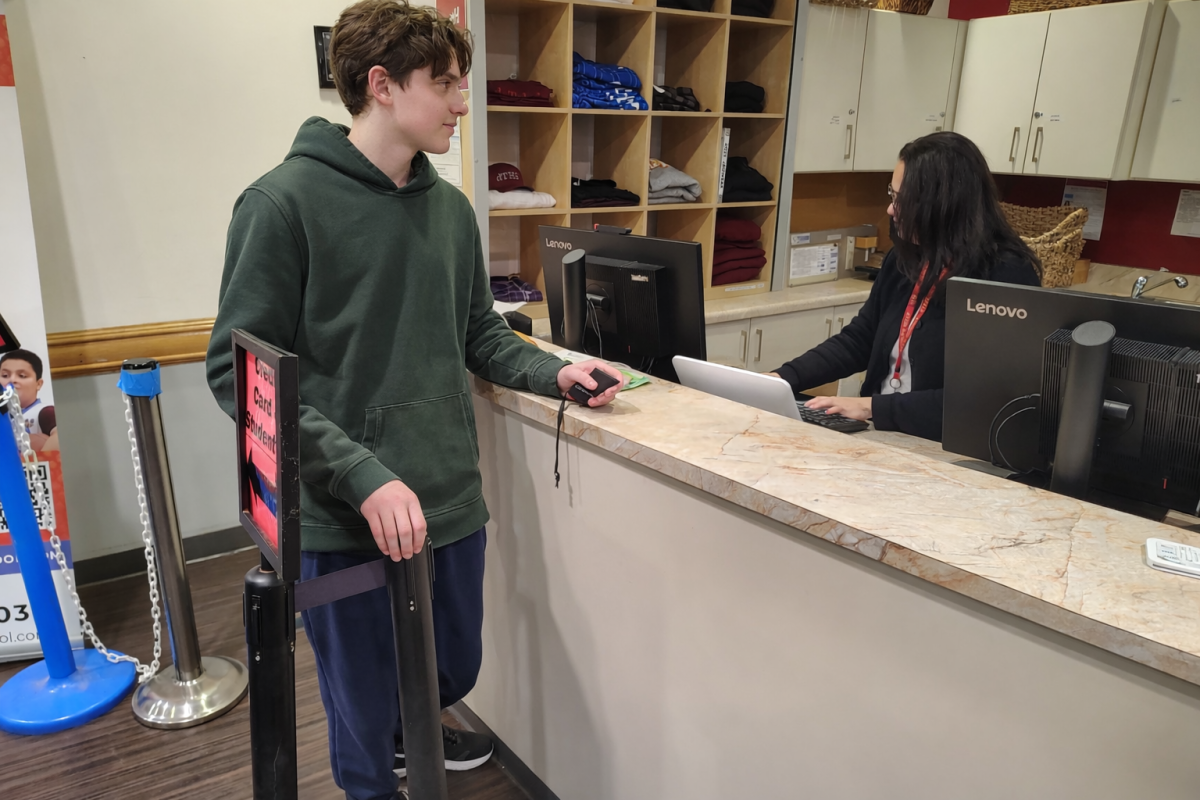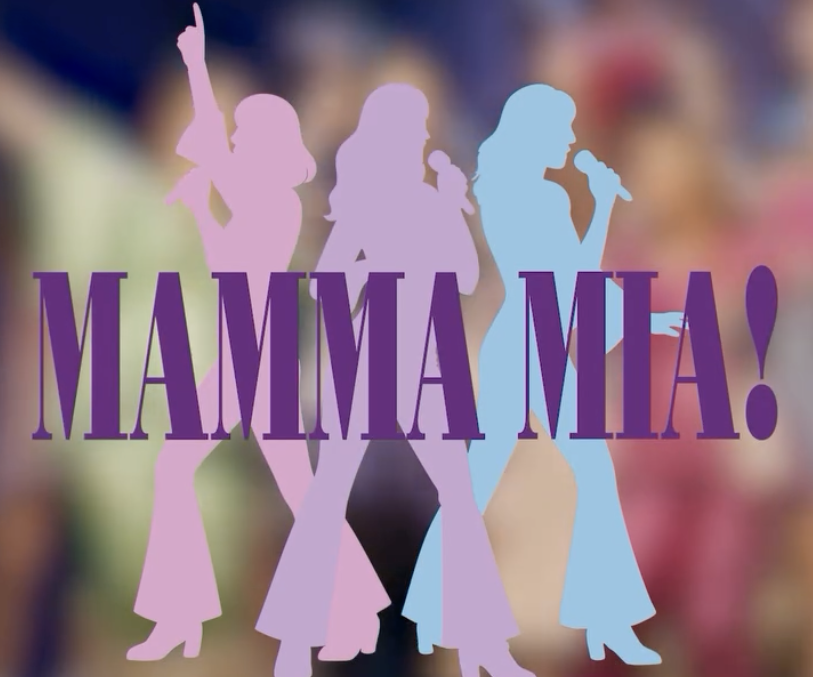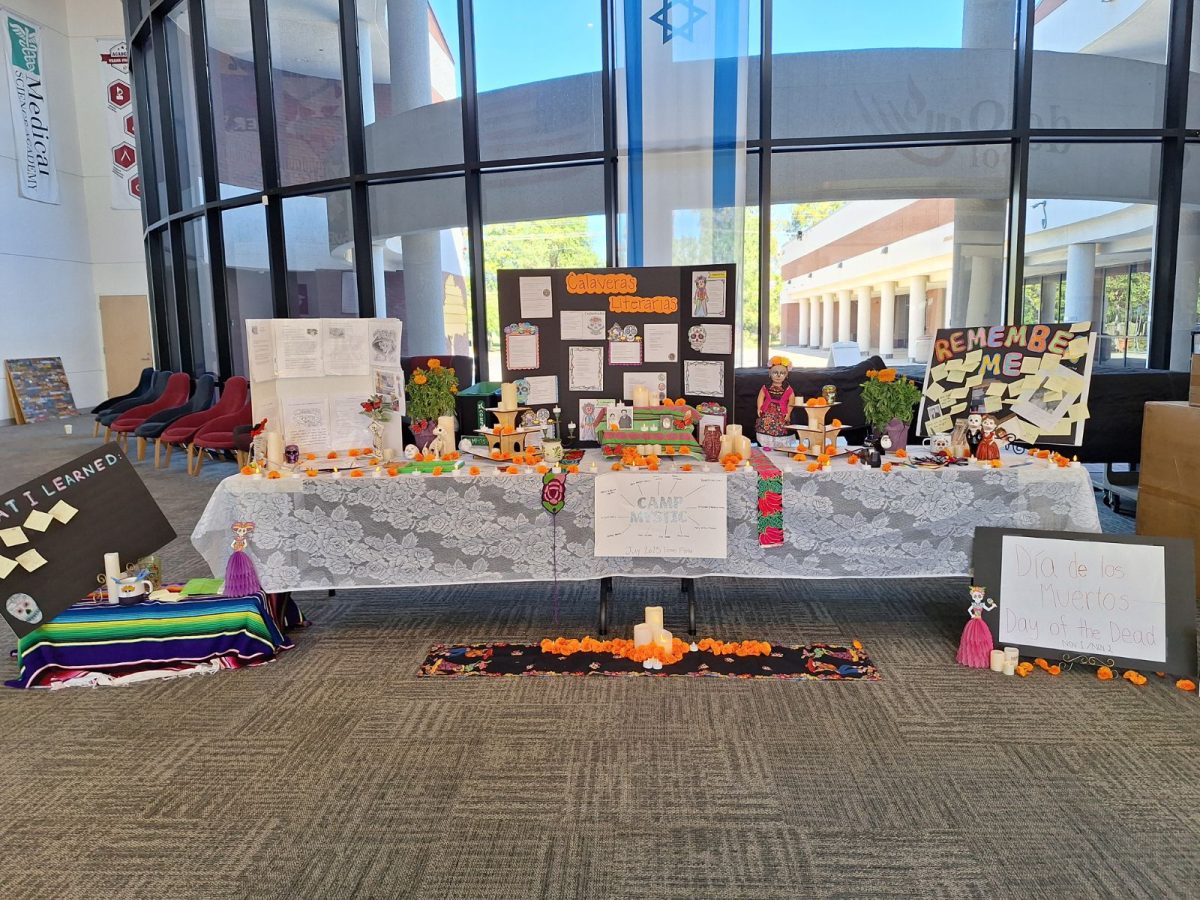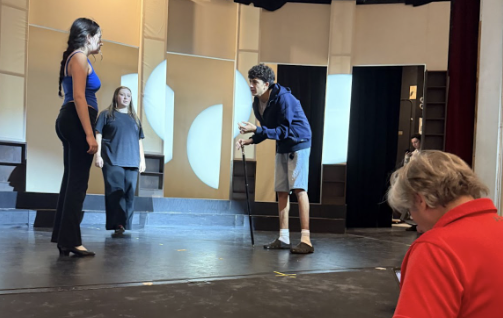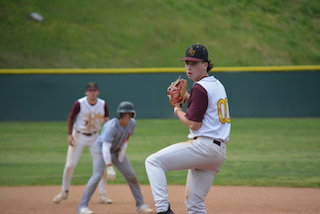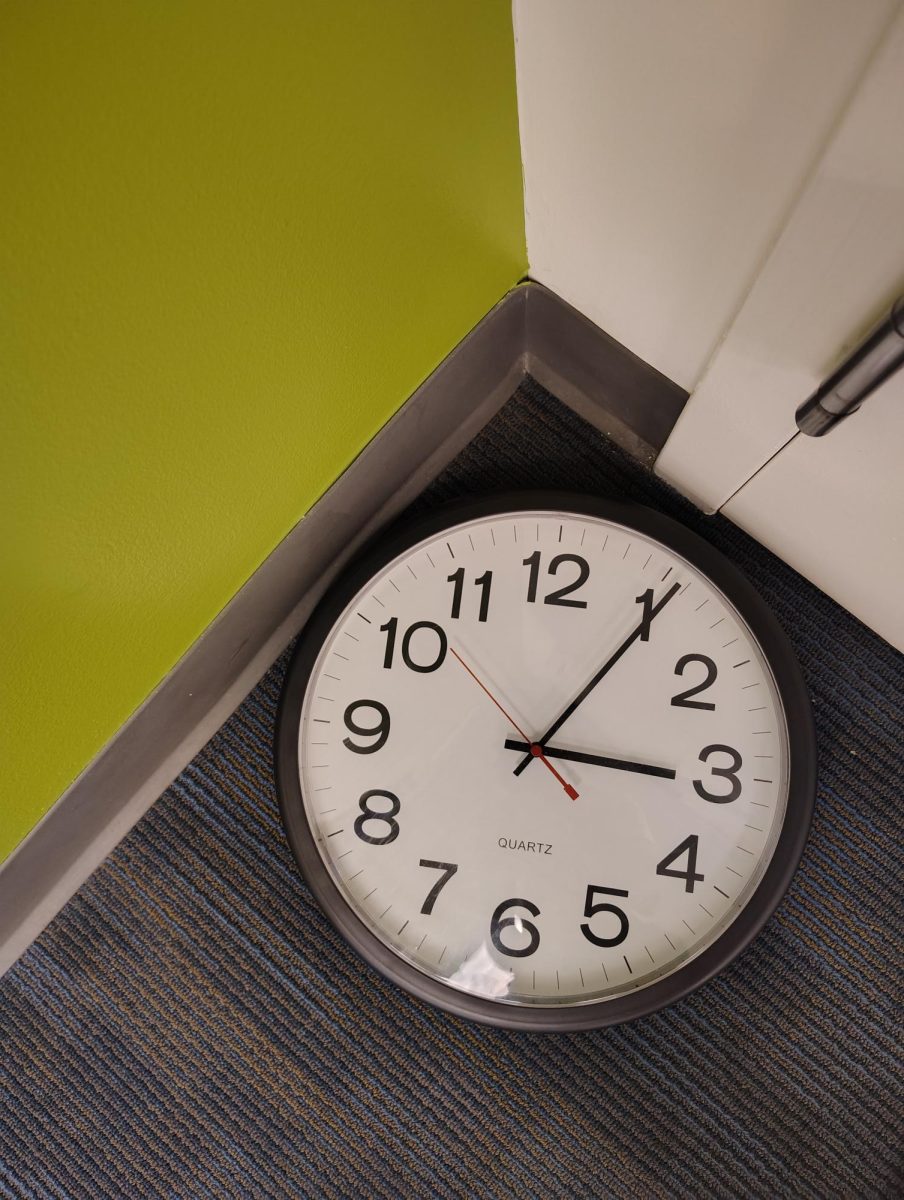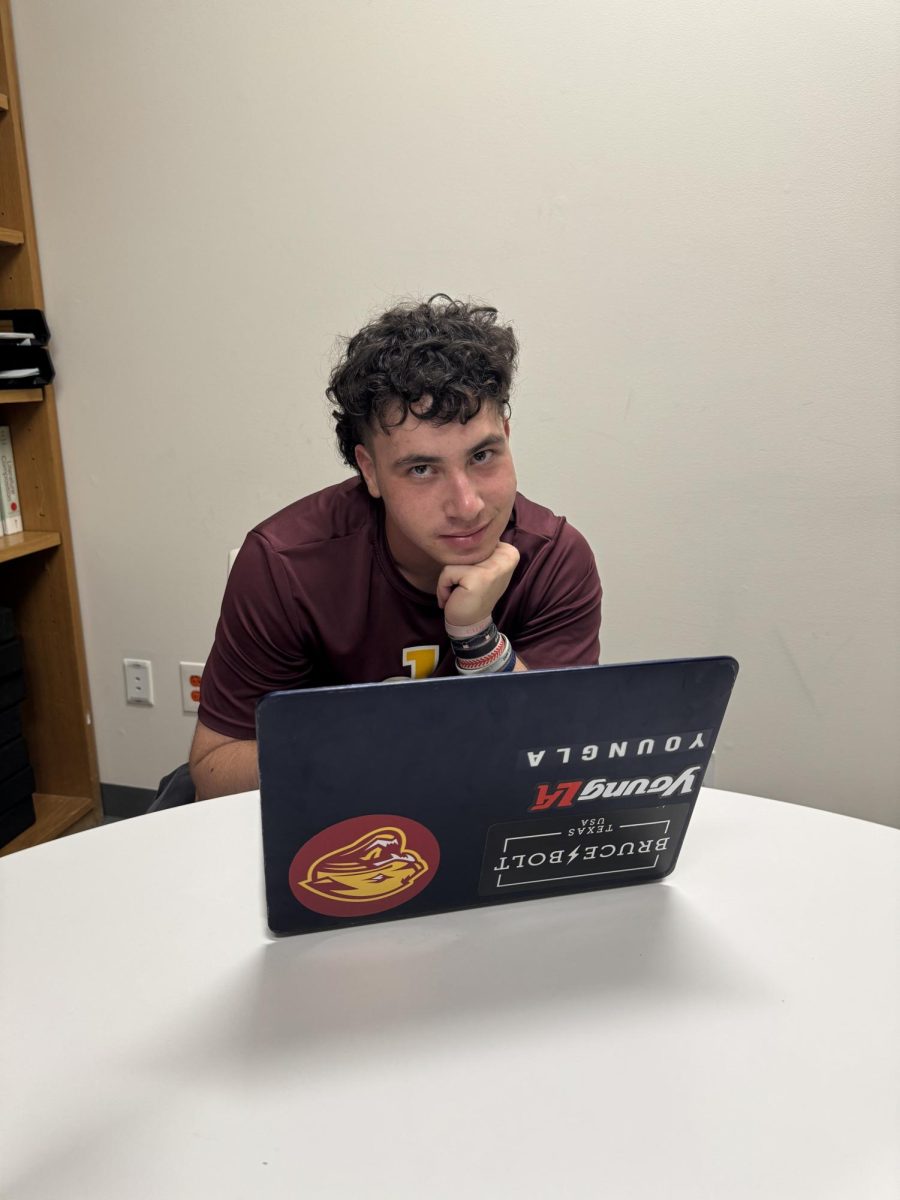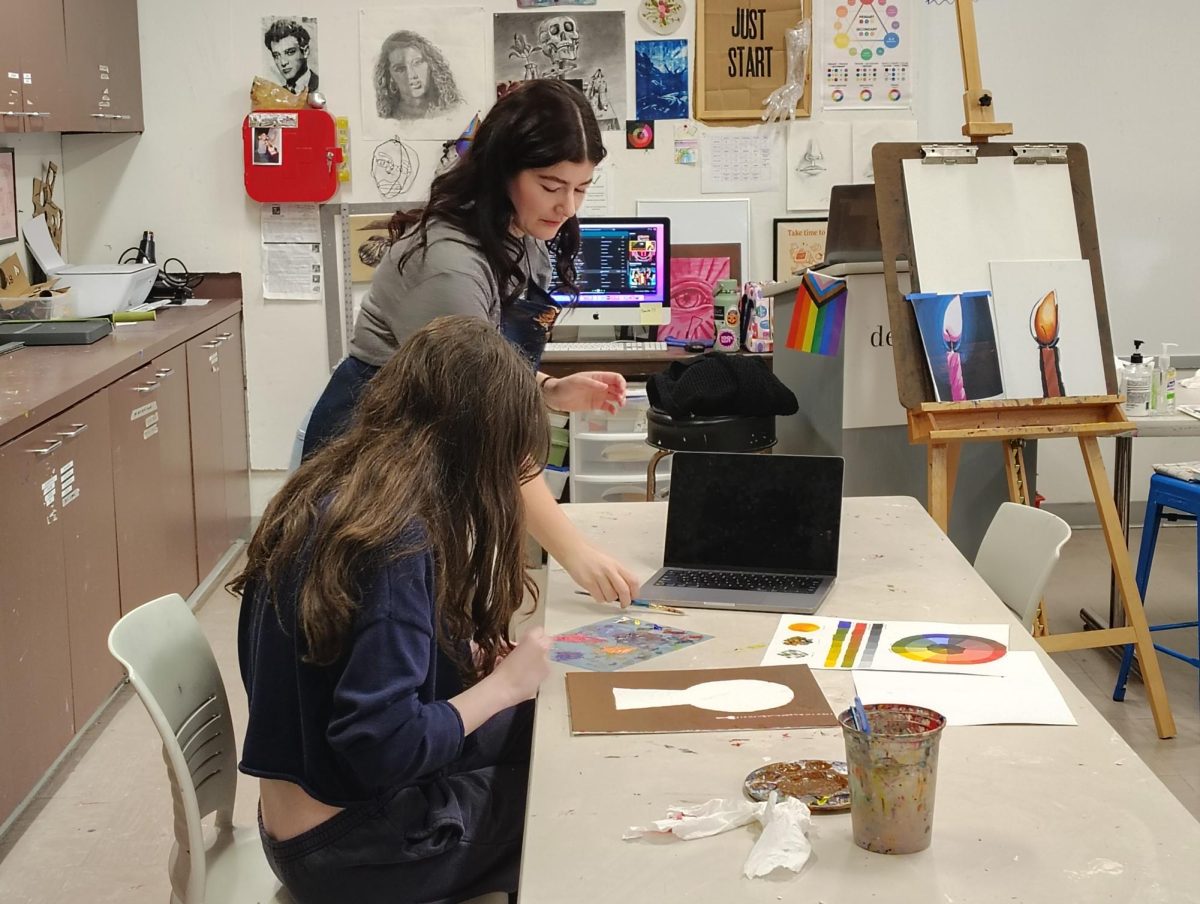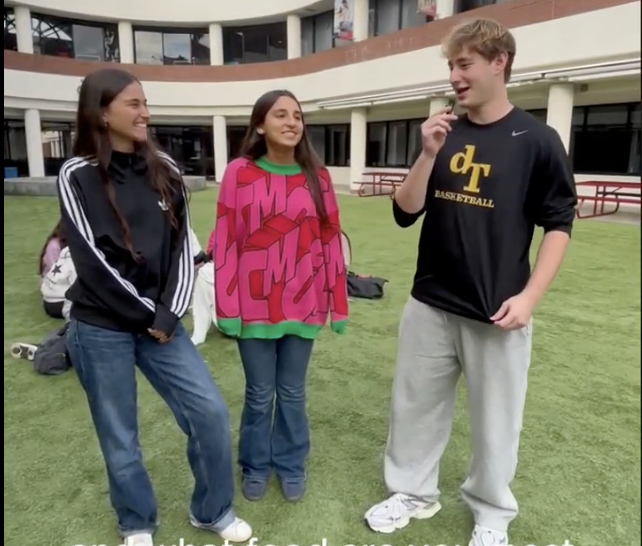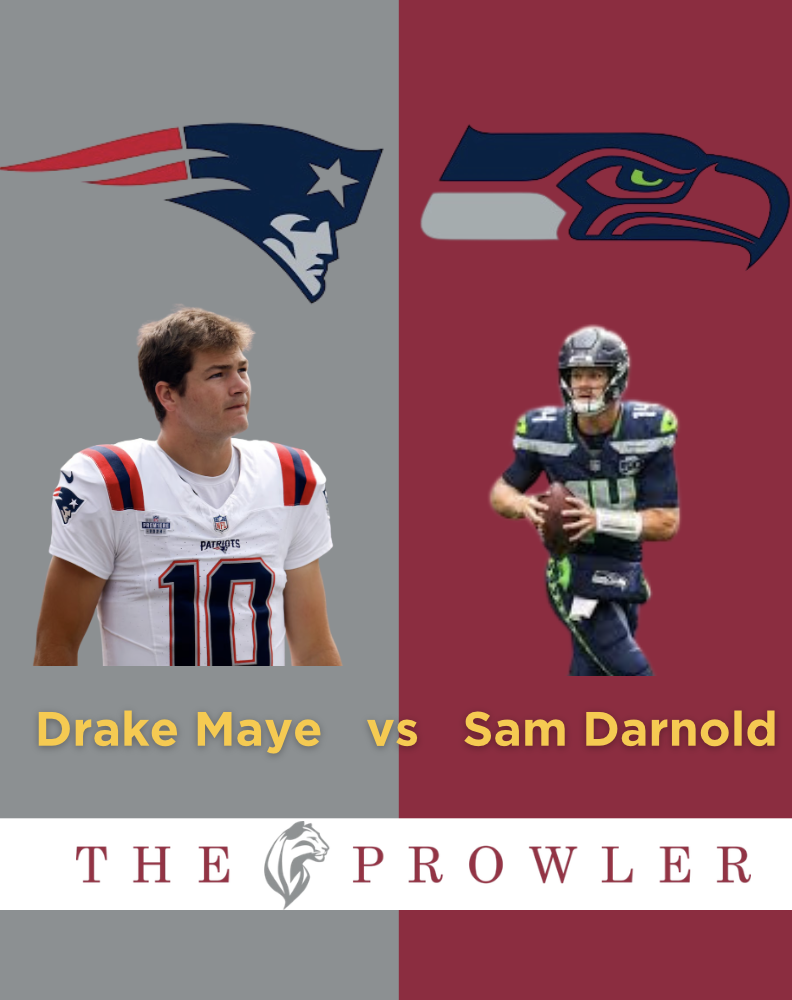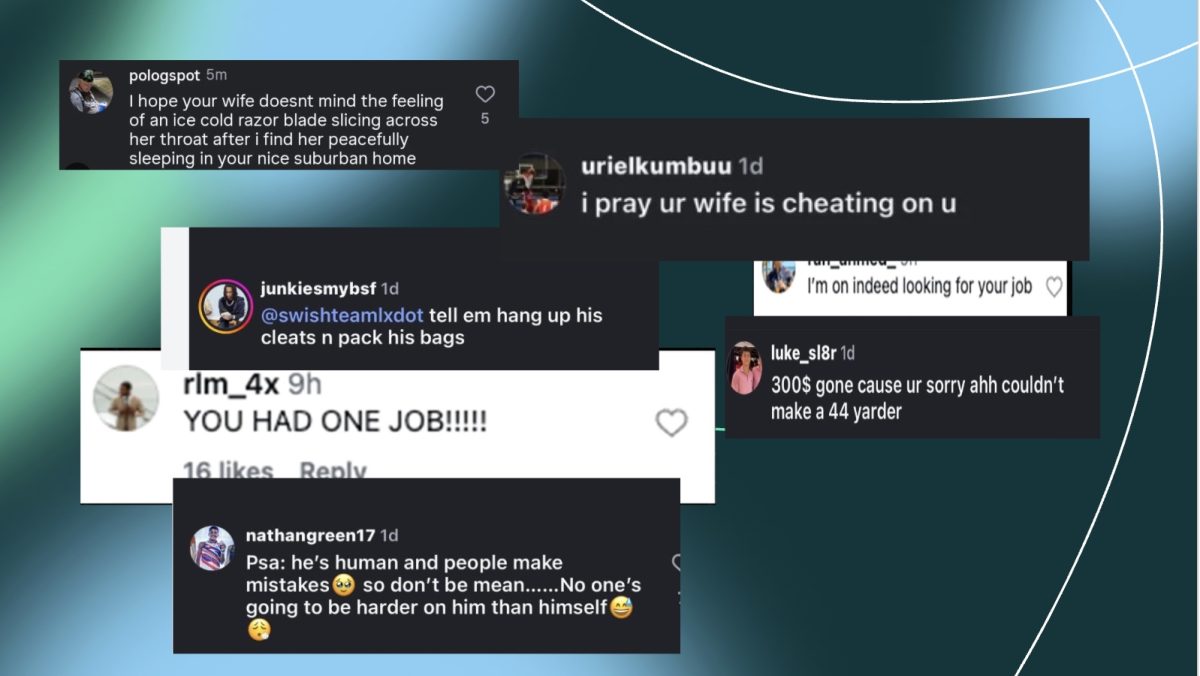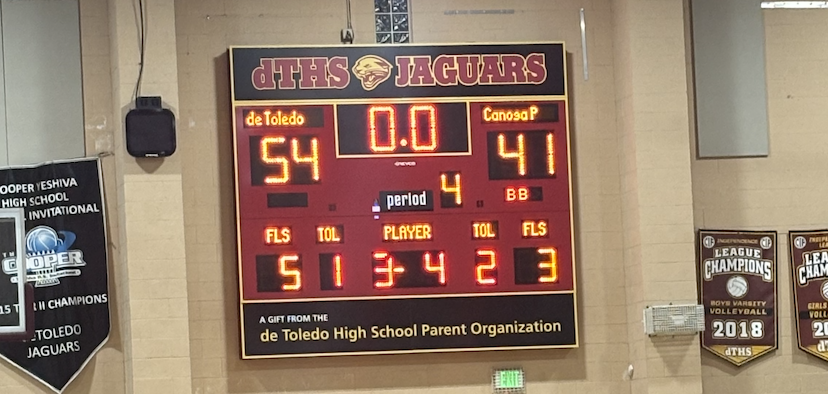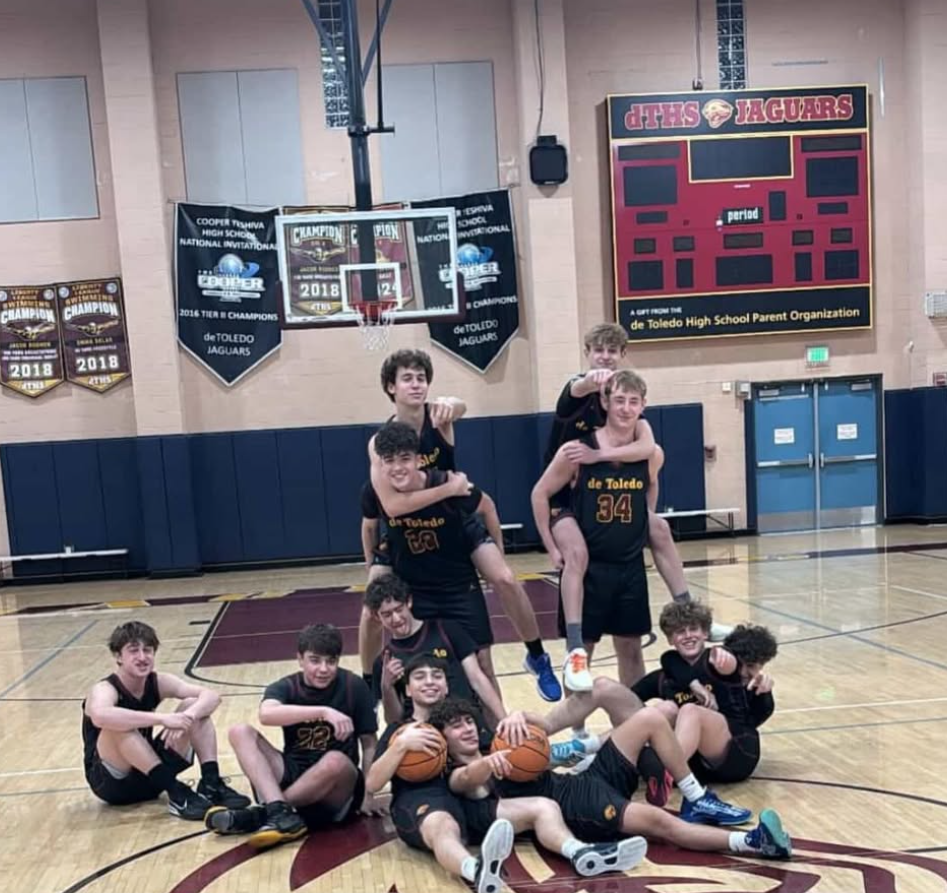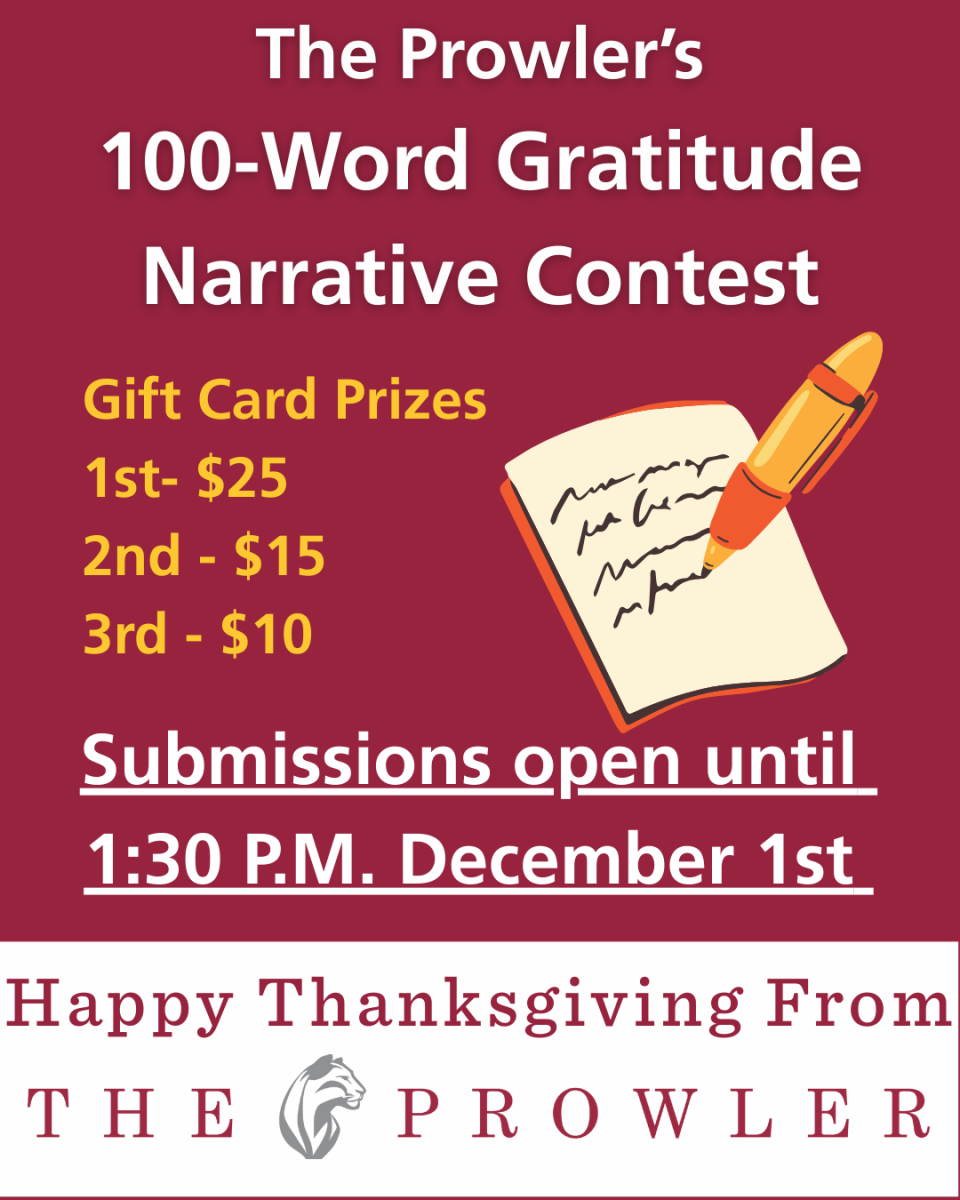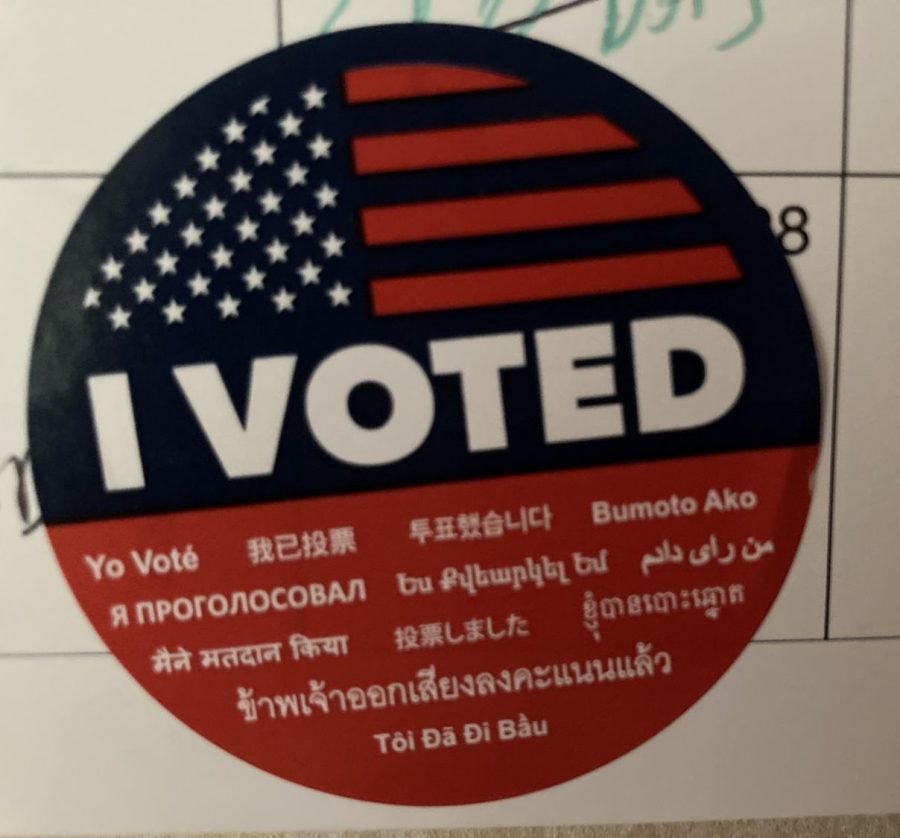Voting Rights Under Attack
The opinions expressed in this article are the author’s own and do not necessarily represent the views of The Prowler.
Voting rights are under attack across the United States. States are making laws that make it harder to vote. This civil rights issue is threatening our democracy. America was founded because the people demanded a voice in their government. They rejected monarchy and created a system meant to empower the public. But current voting restrictions are making our country closer to a monarchy than we would like to admit.
With all of the restrictions being imposed by a lot of states, we need a solution as soon as possible. We should make it so there are no restrictions and that everybody gets a voice. Everybody should be able to vote by mail. Everybody should be able to vote even if they don’t live in a house or apartment. People should be able to register to vote on Election Day. The color of your skin or your race or your economic status should not affect your right to vote. High schools should provide an easy opportunity for young people to register to vote as soon as they turn 18 and should teach people about their civic responsibility to be informed and to vote. People should protest for their rights and fight for voting equality.
Today, mostly red states are putting more restrictive laws in place. One of the types of laws makes it harder to vote by mail. This makes it harder for people who have to work because they don’t have time to go to a voting center. Another law requires more documentation as proof of citizenship, and if someone forgets to bring a certain form of ID, they can’t vote. Another law limits the ability to register to vote on Election Day, so if you forget to register in advance, then you cannot vote.
The history of voting rights has been a rollercoaster in the United States. The founders let states decide who could vote. Generally, in the 1700s, only white men who owned property had the right to vote. And in some states, they made people take a religion test to make sure only Christian men could vote.
In the 1800s, state legislatures began to expand the right to vote by cutting back on the requirement of owning property. After the Civil War, Congress passed the Fifteenth Amendment, which said that men could not be denied the right to vote based on their race, color or previous condition of servitude. In other words, former slaves and other African American men could vote.
But then the states found new ways to restrict voting rights, especially in the South. Some states made people take literacy tests to determine if they were eligible to vote. This was very unfair because many former slaves had never learned to read or write because of Slave Codes, which made teaching them reading and writing illegal. There were also poll taxes that required people to pay in order to vote. This of course was a problem because many people, especially former slaves, had little to no money.
In the 1920s, there was some good news for voting rights. After the 19th Amendment was ratified, women in all states were able to vote. Women activists, known as suffragettes, had to fight for this right by protesting and organizing groups.
But it was back to bad news for voting rights in the 1960s. Many states implemented more rules and policies that limited who could vote, especially people of color, immigrants and poor people. In addition to continuing to use literacy tests and poll taxes, they also used English-language requirements and other restrictions that made it harder to vote.
Civil rights leaders and others fought back and protested in the Southern states. One of the most famous marches was in Selma, Alabama. It was focused on Black voting rights. During the march, protesters were brutally attacked by police. This day is known as “Bloody Sunday.”
In 1965, the US Congress passed the Voting Rights Act in a remarkably bipartisan vote, so progress was clearly made by the protestors who organized and suffered to fight for their rights. The new law helped make sure that states like Alabama, with a history of suppressing African Americans’ and other minorities’ voting rights, had to get permission from the Justice Department before being allowed to change their voting laws. This was hugely effective in protecting people’s voting rights and lasted for several decades. New provisions were added to the Voting Rights Act in 1975 to support non-English speakers. These allowed people to vote in their language of choice.
In 1971, the 26th Amendment gave younger people the right to vote. The voting age went from 21 to 18. This allowed a lot more people to vote and participate in democracy. Since 18-year-olds were being drafted to fight in Vietnam, many felt they should also have electoral power. If you are risking your life for your country, you should be able to participate in its politics.
In 1993, a new law called “Motor Voter” allowed people to register to vote when they got their driver’s license. It also required every state to allow mail-in registration and have offices dedicated to assisting people through their registration. This made a huge impact, as more than 30 million people registered in these ways in the first year.
There are even more ways that states are trying to limit people’s voting rights, such as making it harder for people who don’t live in a house or an apartment, so they don’t have a typical address. Maybe they have a P.O. box or maybe they are homeless, but the law might require that someone have an actual physical address where they live. That is clearly unfair. Further, laws like this make it more likely that people without traditional addresses will be taken off the list of people with the right to vote. They will be unfairly taken out of the system, and then it is hard to get registered again.
With all of these new laws that restrict voting access, people are suing to protect voting rights in their states. One lawsuit is LUCHA vs. Hobbs in Arizona. In the lawsuit, several organizations in the state sued to overturn the law that makes it harder to vote in several of the above-mentioned ways, including requiring excessive documentation, limiting mail-in voting, and tougher voter registration requirements.
Everybody should have the right to vote and have an equal voice in democracy. Lawsuits will keep happening until change is made. So the rollercoaster ride for voting rights continues–and I am sure it will keep twisting and turning for many years to come.
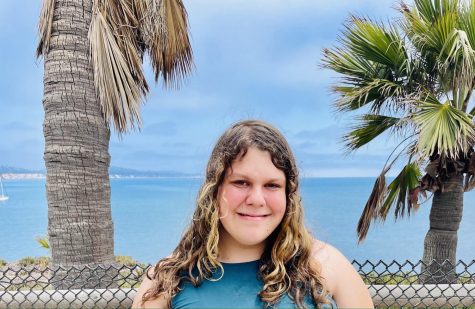
Hi, I am Becca Grae, and I am a senior. I love writing about anything I am passionate about, like animals, tap dancing, and the beach. I am excited to...

